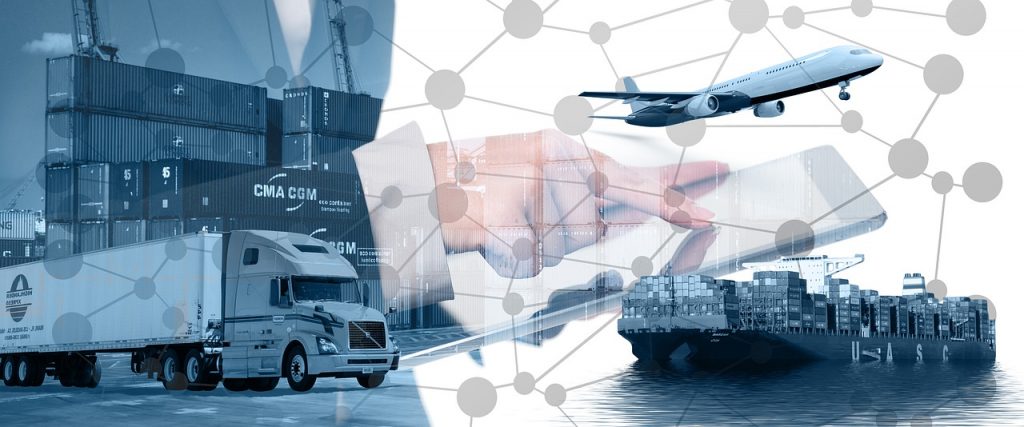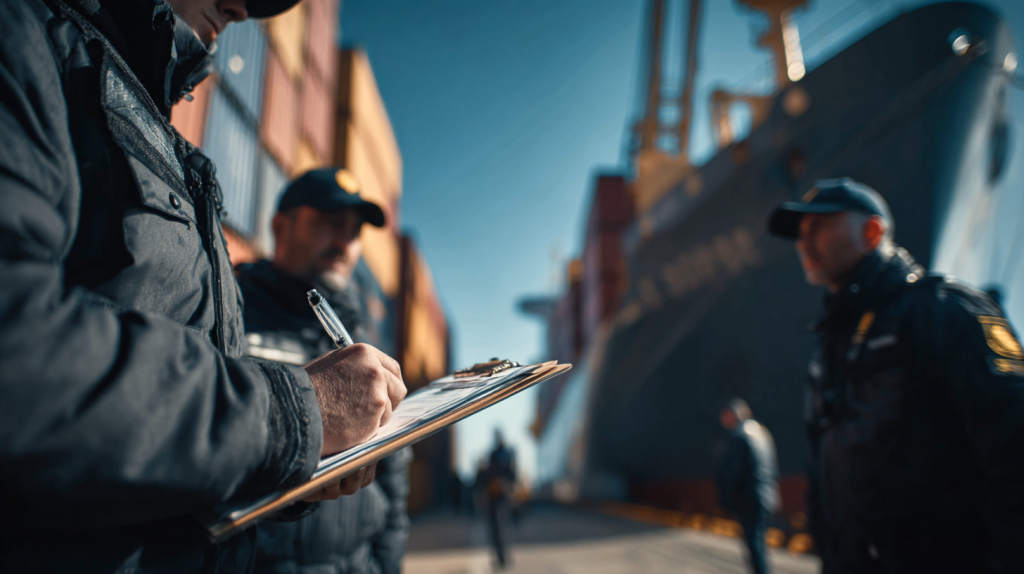In Mexico’s dynamic economic landscape, international trade plays a pivotal role, with approximately 63% of the country’s GDP closely tied to this vital activity. This phenomenon not only reflects the growing globalization of the Mexican economy but also its promising future as one of the most internationalized economies in the world.
But what truly drives this economic interconnection? The answer lies in a fundamental component: Logistics. But what exactly is Logistics? According to the Council of Logistic Management, it is the process of planning, implementing, and efficiently and cost-effectively controlling the flow and storage of raw materials, work-in-progress inventory, and finished goods, as well as associated information flow, from the point of origin to the point of consumption, all with the aim of meeting customer needs and demands.
International trade, an ancient activity involving the exchange of goods and services between producers and consumers, has evolved significantly in the modern era. It is not limited to the mere physical exchange of goods but also encompasses services, capital flows, cross-border movements of business people, and even technological transactions. In fact, in many cases, these latter transactions are more significant than tangible goods transactions, representing about 70% of trade in developed countries. This paradigm shift is largely attributed to the rapid advancement of communication, information technology, and changing demands in commercial logistics and the supply chain.
Customs clearance, an essential component of the foreign trade process, involves a series of procedures and formalities related to the entry and exit of goods from the national territory. These procedures, carried out before customs authorities and regulated by the Tax Administration Service, require efficient management and, in many cases, the use of the electronic customs system to streamline the flow of goods in an increasingly dynamic and competitive environment.
In conclusion, optimizing the supply chain stands as the cornerstone of success in Mexico’s international trade. From efficient logistics management to the proper execution of customs procedures, each step in this process plays a vital role in promoting economic growth and prosperity for the country on the global stage.



